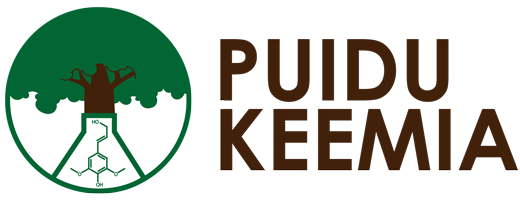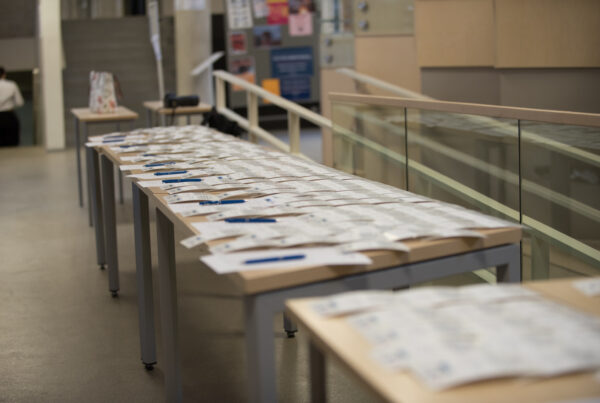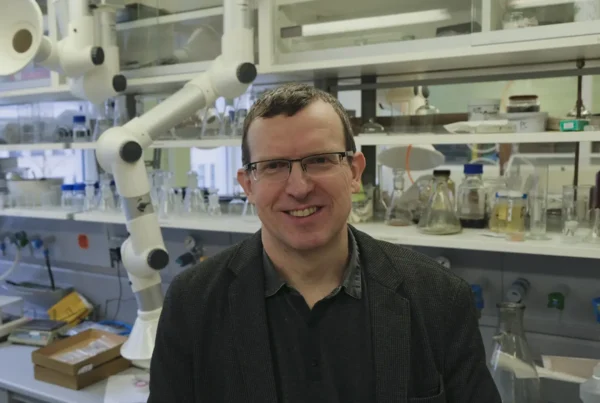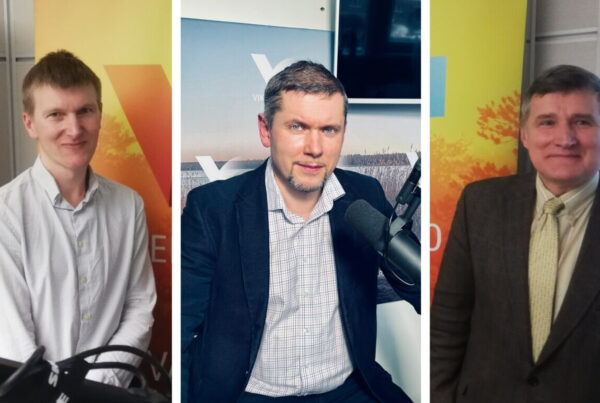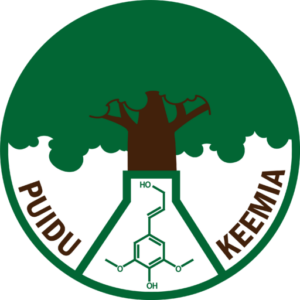Rector Tiit Land: "We can no longer continue as before."
23.-25. The TalTech summer seminar held in Narva-Jõesuu until August brought together scientists, entrepreneurs and scientific advisers of ministries to discuss the possibilities of wood valorization, but also to talk openly about the problems.

Rector Tiit Land emphasized in his opening speech that the topic is very important from the point of view of society and extremely up-to-date. "Estonia is not a country rich in natural resources. The forest is one of our important assets, but we have not used wood wisely so far. We export raw wood, but do not value it. Afterwards, however, we will bring in the valued wood as an import product," Land listed. It's high time to change it!
TalTech hits the gas pedal
In the introduction to the seminar, Allan Niidu, head of research at Tallinn University of Technology's Virumaa College Oil Shale Competence Center, referred to TalTech's academic development plan (2020-2030), which is the main motivation for starting a new tradition - biomass valorization seminars.
Next to smart environments, research and development and reliable IT solutions, the ranking of goals includes the valorization of natural resources. This includes innovative solutions for the sustainable and sustainable use of Estonia's subsoil, natural and artificial resources, which should bring about the necessary changes in Estonia's current behavior as well.
In any case, Tallinn University of Technology does everything to help the challenges facing the Estonian economy with science-based solutions. To be a trailblazer, a developer of new technologies and the creator of the necessary prerequisites, including the wider use of industrial property, infrastructure investments and cooperation between scientists and engineers. It is important to strengthen and improve the partnership with the private sector as well, because only then can we talk about a greener future with a smarter economy.
A wide range of topics
What was talked about? Consultant Kristel Järve introduced the situation of Estonian forests. It's no secret that debates about forests and forestry in society are gathering momentum. By 2030, the strategic goal envisages an improvement in the quality of forests (wood) as well as a greater capacity to value wood than before, as well as the triumph of the circular economy. Indrek Aarna, head of the Viru Keemia Group's development department, explained what problems they want to solve by building a new bioproducts factory. It has a positive connection with the green revolution, the Estonian economy and the development of science. It should also help to end the export of raw materials, which has already taken on too large a dimension in Estonia.
Circular economy entrepreneur Kaur Kuurme introduced green production and the role of Estonian scientists in it using the example of the NordFert factory.
What can be learned from Georgia's juice industry?
Professor Jaan Kers of TalTech talked about the many possibilities of wood treatment, researcher Illia Krasnou of the Institute of Materials and Environmental Technology talked about cellulose, and Professor Timo Kikas of the Estonian University of Life Sciences talked about the thermal treatment of biomass.
In the third part of the seminar, Maria Kulp, senior researcher at TalTech's Institute of Chemistry and Biotechnology (topic: analytical methods for describing biomass), Indrek Reile, researcher at Institute of Chemical and Biological Physics (about recent breakthroughs in nuclear magnetic resonance spectroscopy), TalTech PhD student Piia Jõul (functional materials made from lignin) and senior lecturer Maria Kuhtinskaja, who introduced, using the example of the juice industry in Georgia, how it is possible to mitigate environmental damage there by using the principles of the circular economy.
In the fourth and fifth part of the seminar, Zeba Usmani, a postdoctoral fellow at TalTech's Institute of Chemistry and Biotechnology (lignocellulose waste in Estonia and its possible reprocessing), as well as researchers from the same institute Tiit Lukk (on biochemistry in lignocellulose beneficiation technologies) and Eve-Ly Ojangu (on the use of soil bacteria in biomass beneficiation), then a master's student Catherine Kilumets and doctoral student Umair Qasim (material technologies based on cellulose derivatives), master's student Olivia-Stella Salm (determination of wood extractives), students Marcel Mäger (oxidative enzymes from thermophilic organisms), Violetta Umerenkova (determination of sugars from biomass), Evelin Solomina (physico-chemical parameters of lignin description) and Jose Daniel Morales Sööt (catalytic materials from lignin).
See summaries of all presentations
Source: Taltech.ee
